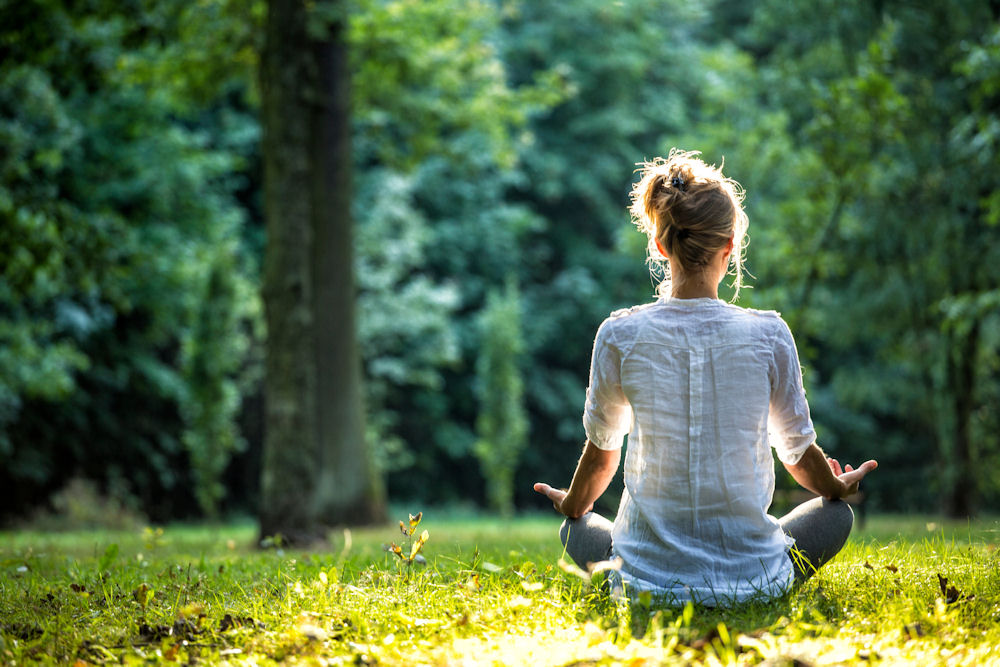In today’s fast-paced and stressful world, finding healthy ways to relax and unwind is essential for our overall well-being. Many individuals turn to alcohol as a means to relax and escape from their troubles, but there are plenty of other alternatives that are both enjoyable and beneficial to our health.
Our addiction treatment programs can help you or a loved one learn how to relax without alcohol. Don’t hesitate to get help today!
10 Ways An Individual Can Relax Without Alcohol
Engaging in physical activity is a great way to relax and reduce stress. Whether it’s going for a walk, practicing yoga, or participating in a team sport, exercise releases endorphins, which improve mood and promote a sense of well-being. Take advantage of the many activities available and find something that you enjoy.
Mindfulness and meditation are techniques that can help calm the mind and relax the body. By focusing on the present moment and cultivating a sense of gratitude, individuals can reduce stress and improve their overall mental health. Consider attending a mindfulness workshop or engaging in motivational interviewing to get started.
Immersing yourself in nature can have a calming effect on the mind and body. Whether it’s taking a hike in the mountains, strolling along the beach, or simply sitting in a park, being in nature can help reduce stress and promote relaxation. Take the time to go outside and appreciate the beauty around you.
Reading is a form of escapism that allows individuals to immerse themselves in different worlds and perspectives. Choose a book that interests you and set aside some time each day to unwind with a good story. Reading before bed can also promote better sleep.
Music has the power to evoke emotions and transport individuals to different places and times. Create a playlist of your favorite songs or explore different genres. Listening to music can be a great way to relax and enjoy some alone time.
Engaging in creative activities such as painting, drawing, or writing can be a therapeutic way to relax and express oneself. Tap into your creative side and discover a new hobby or revisit an old passion.
Deep breathing exercises can help calm the body and mind by reducing stress and anxiety. Take a few moments throughout the day to focus on your breath and inhale deeply through your nose, hold for a few seconds, and exhale slowly through your mouth.
Spending time with loved ones and nurturing meaningful relationships can be incredibly relaxing and uplifting. Reach out to friends and family members, plan get-togethers, or simply have a phone call to catch up. Connecting with others can provide a sense of belonging and support.
Self-care activities are essential for maintaining overall well-being. Take a bubble bath, treat yourself to a spa day, or practice a skincare routine. Investing time in self-care can help reduce stress and promote relaxation.
If you’re finding it difficult to relax without alcohol, seeking professional help can be beneficial. Our addiction treatment provides guidance, support, and strategies for living a sober and fulfilling life.

What is Alcohol Addiction?
Alcohol addiction, also known as alcoholism, is a chronic disease that involves a strong craving for alcohol and the inability to control one’s drinking habits. People with alcohol addiction may feel like they cannot function without consuming alcohol and may prioritize drinking over other responsibilities and activities.
While occasional or moderate alcohol consumption may not necessarily lead to addiction, repeated and excessive use of alcohol can cause changes in the brain that make it difficult for individuals to stop drinking. This can result in physical, psychological, and social problems.
If left untreated, alcohol addiction can have serious consequences on an individual’s physical health, mental well-being, and overall quality of life. Seeking help from support groups, rehabilitation programs, or psychotherapy for addiction can greatly improve the chances of recovery from alcohol addiction.
What Are the Symptoms of Addiction?
Recognizing the symptoms of addiction is crucial in seeking help and treatment. Some common symptoms of alcohol addiction include:
- Inability to control or limit alcohol consumption
- Intense cravings for alcohol
- Tolerance to alcohol, leading to increased consumption for the desired effect
- Withdrawal symptoms when attempting to stop drinking
- Neglecting other responsibilities and activities in favor of drinking
- Continued drinking despite negative consequences, such as health issues or strained relationships
- Loss of interest in hobbies or activities
How Can a Person Maintain Sobriety?
Maintaining sobriety can be challenging but is essential for long-term recovery. Here are some strategies that can help you maintain sobriety and learn how to relax without alcohol:
- Build a strong support network of friends, family, and peers who understand and support your sobriety
- Participate in group therapy for substance abuse to address underlying issues and develop coping mechanisms
- Attend support group meetings, such as Alcoholics Anonymous (AA), to connect with others in recovery
- Engage in healthy activities and hobbies that promote well-being and a sense of fulfillment
- Set realistic goals and celebrate milestones on your sober journey

How Can an Individual Prevent Relapse?
Preventing relapse requires ongoing effort and commitment. Here are some tips to help individuals stay on track:
- Avoid triggers and situations that may tempt you to drink
- Develop healthy coping mechanisms for stress and other negative emotions
- Practice self-care and prioritizing your physical and mental well-being
- Continue to attend support group meetings and individual therapy for ongoing guidance and support
- Have a relapse prevention plan in place and know what steps to take if faced with temptation
Alcohol Addiction Treatment in Huntington Beach

If you or someone you know wants to learn how to relax without alcohol, seeking professional help is highly recommended. California Addiction Treatment in Huntington Beach offers comprehensive addiction treatment programs tailored to each individual’s needs. Our experienced team of professionals can provide the necessary support and guidance on the journey to recovery.
Remember, there is hope, and with the right support, you can overcome alcohol addiction and live a fulfilling, sober life. Contact us to get started today!




